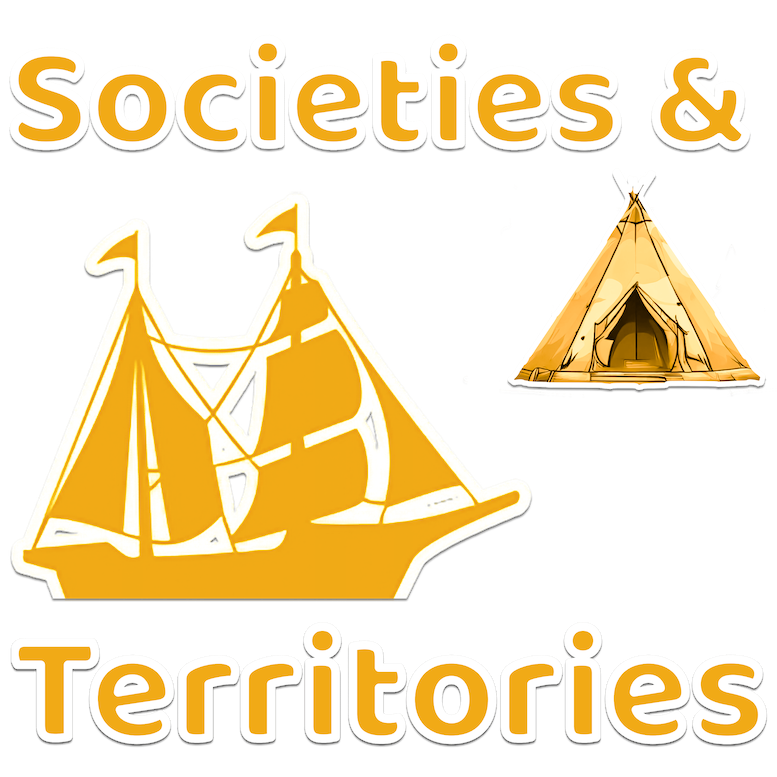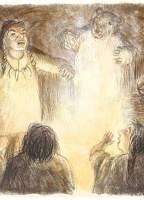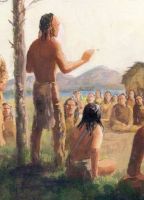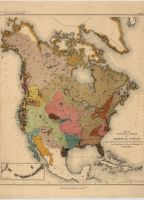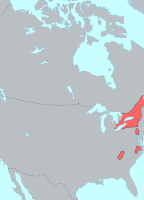There were several different nations one could call “Iroquoian”. All these nations shared certain common traits, such as farming and belonging to the mother’s clan.
But do they also share the same language? Not exactly. So why do we speak of the Iroquoian linguistic familyA linguistic family (or language family) is a group of languages related through descent from a...? The languages spoken by the Iroquoian nations all come from a common language. Over time, this language has evolved within each nation and the territoryA territory is an area of land, or sometimes of sea, that we can say "belongs"... it inhabits. This is somewhat like French, Italian and Spanish, which are all Latin languages of the same origin. Some words are very similar, like the word for “night”, which is “nuit” in French, “notte” in Italian and “noche” in Spanish. The same thing applies to the Iroquoian nations. They belong to the same language familyA language family is a group of languages related through descent from a common ancestral language..., but they do not always understand one another.
Words that are still around today
Many Indigenous languages no longer exist. However, you can find traces of them by looking at the names of certain lakes, rivers or mountains in Québec. This is because Indigenous people gave names to the places around them, just like we do. Although the Europeans often renamed the places they visited and the rivers they travelled, many Indigenous names remain. They cannot all be listed here because there are about 10 000 Indigenous place names in the province of Québec. Most of them are Algonquian names.
Some Iroquoian names still remain, too. In fact, one of them is very well known, although it no longer means the same thing that it did in 1500: Canada. At the time, Canada meant “village” or “big village”. Hochelaga is another word that is still used today; it means “beaver dam” or “big rapids“, in reference to the Lachine rapids that was near the St. Lawrence Iroquoian village on the island of Montréal.
AuthorAuthor - A person who writes something Auteur - Une personne qui écrit quelque chose: Service national du Récit de l’univers social
Important concepts and big ideas:
[glossary slug=’linguisticfamily’]
[glossary slug=’languagefamily’]
[glossary slug=’dialect’]
